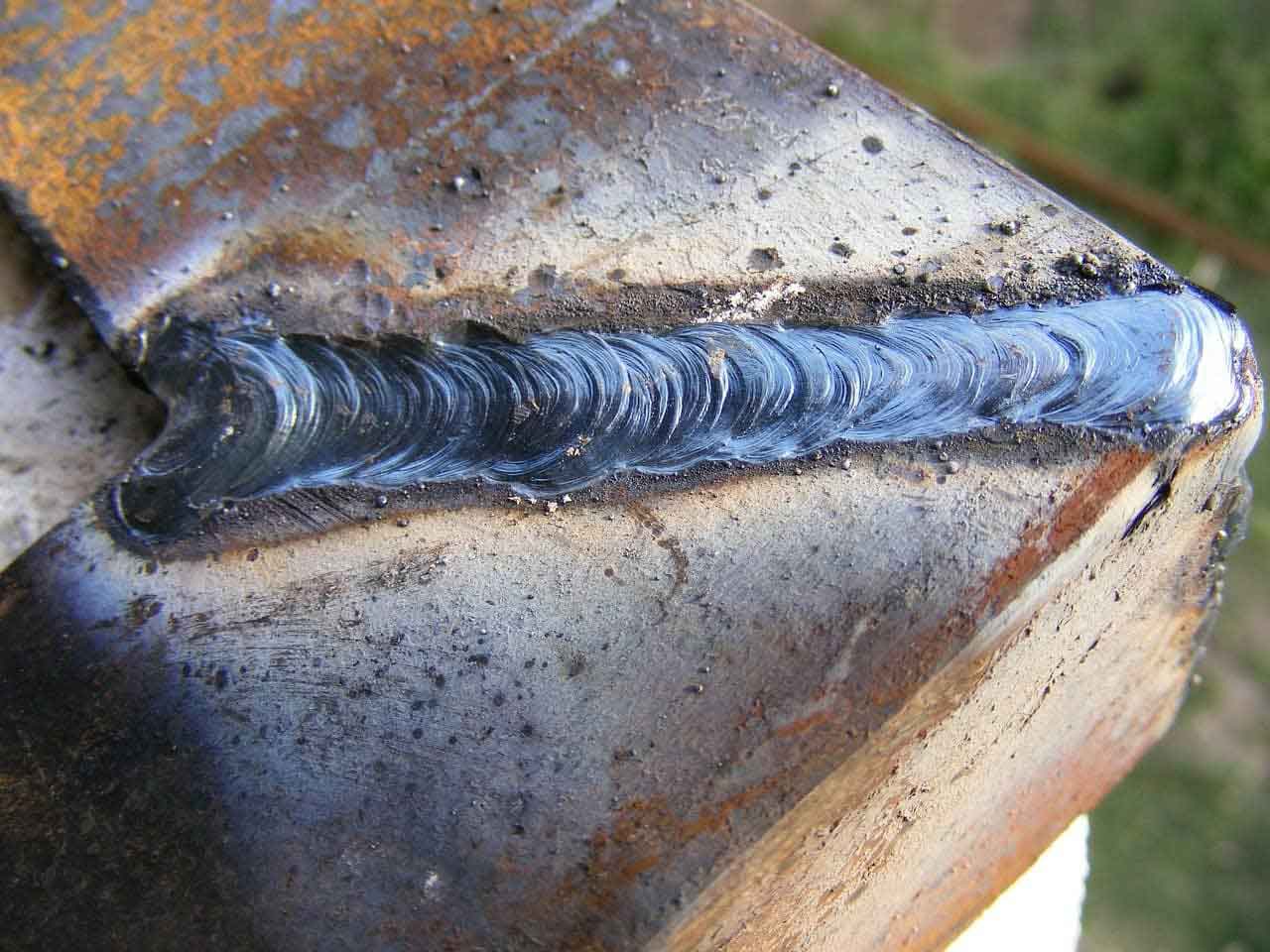I mentioned in a previous post that I considered myself a collector of skills. And that prompted quite a bit of discussion and private messages and emails about how I managed to acquire random skills and how I was able to manage to keep learning stuff. There seemed to be a good number of folks that felt that they just didn’t have the ability/time/skill/whatever to learn interesting things. I definitely got some wistful messages about interesting things that folks felt they had missed out on because they had focused on learning “relevant skills” instead. Interestingly, people also seemed to make a distinction between “professional” skills and “fun” skills.
I think that’s the wrong way to look at things. I think that learning should be fun in general. And I don’t really draw a line between Professional and fun skills. A skill is a skill. If you want to learn something, then do it. There is nothing stopping you other than yourself.
And before I get a ton of mail screaming about how busy everyone is, please let me explain.
You don’t have to learn a skill to the “expert” level. You do not have to invest 10,000 hours to get really good at something. Set your sights lower. Aim for “passable” or “adequate” or even “kind of terrible” at something. Don’t forget that even “kind of terrible” is further along with that skill that you are right now. And since we learn more from failure than we do from success, kind of terrible is actually not a bad target to aim for.
Plan to screw up.
Make peace before you start with the chance that it may end in total failure the first time or two. That is part of the fun, people. That’s how we learn things. You don’t really learn anything from instant success. If everything goes perfectly smooth, then you really don’t need to “learn” whatever it was because you already knew how to do it. You have to fail and be terrible and make all sorts of mistakes at the beginning. (And in the middle, and at the end too.) If you aren’t making mistakes, they you aren’t challenging yourself to really learn and grow your skills.
Really, give yourself permission right now to be bad at things. Go on, I’ll wait.
Promise yourself that you will embrace the failures, that you will lean into the parts of the process that suck. Those are the bits where you get your magical new micro skills from. And as a side bonus, life will be so much less stressful if you don’t sweat the failures.
Think back to elementary school for a moment. We weren’t afraid of anything because we didn’t know any different. The world was wide open to us back then. And there were so many cool things to learn about. We didn’t really know what “talent” or skill was, so we didn’t worry about having it or not. We just tried stuff. And if it worked out, great. And if not, that was ok too. We picked ourselves up, got a Band-Aid from mom, and then tried again. And we had FUN in the process. That’s what we need to find as adults, that lack of worry, the absence of expectations.
Talent is overrated.
There I said it. You don’t actually have to have any natural talent to learn new stuff. You just have to want to learn things. Your attitude about learning will shape what you can learn. If you assume that you can learn anything, then odds are good you can actually learn anything. So stop creating artificial barriers for yourself. If you have always wanted to learn carpentry. DO it. There are thousands of videos up on YouTube that will teach you the basics. Find something small and just jump in. If artisanal cheese making is secretly your jam, then start collecting those tiny skills that will get you there.
The key really is to start small. And to be clear, its not anything that I’ve invented. I figured out the basics years ago, but other folks have actually named and defined it. Its apparently called “micromastery“. And its nothing more than collecting small skills and abilities. The theory is simple. Learn something small and fun, and get decent at it, and then leverage that to learn another small thing that’s related. The beauty of micromastery is that its designed so that everyone can play. Even the folks with zero talent. You don’t really need talent. You just need a desire to learn and a little tenacity.
The secret is to be super specific with the skills you learn.
I wanted to learn how to weld. But I did not set out to immediately do structural welding on a car frame. (Because that’s dangerous and not very bright, and there aren’t band-aids big enough for that sort of disaster). The first step for me was to “glue” two pieces of scrap metal together with the welder. Did it work the first time? Not really. It looked like someone sneezed metal boogers all over the joint, and if you smacked it hard enough it would pop apart. But it did take a little pounding to actually break it apart, so there was some strength there.
I tried something easy and that didn’t have to be perfect. A zero-expectations project, with zero consequences if it failed. During that first try, I learned how to hold the torch, how to start a weld, and how to move to keep the weld going. (Sort of, it was pretty ugly) A little more practice time and I was able to actually glue those pieces together well enough that you could not knock them apart no matter how hard I tried.
Was it pretty?
Nope, not even close to being pretty. In fact, my welds were pretty darn ugly looking the first hundred times or so, but I didn’t care. You see, I also purchased a grinder, and I used that to grind all those ugly weld boogers off of my first projects to make them look passable. (Two new skills for the price of one. Win-Win!) I was not aiming for the 10,000 hour mastery of welding. Picture perfect welds like you see on hospital machinery were NEVER my goal. I set out to learn how to glue metal together to make things out of metal. A simple and achievable task was what I wanted. And that’s exactly what I did. I was able to start building things I wanted for around the house, and with every project, I was able to add more small refinements to my initial small skill.
Do you want to know a secret? Pretty is nice, but its also overrated. Your stuff does not have to end up pretty all the time. And that’s totally fine, because there are skills to help with that too. People that weld have grinders available to make things look nicer if needed. Carpenters have sandpaper and paint available. Artists will add more paint to a painting to cover a mistake. Bakers will use frosting to cover the imperfections.
Don’t stress if your artisanal cheeses look lumpy and misshapen the first few times. How do they taste? If it tastes fine, then grab a knife and cube it up so no one knows what it all looked like. And if it does taste terrible, then figure out why it tastes bad, and then toss it in the trash and start over again. Failure and ugly are the price of learning. You need to embrace them and just have some fun.
So what is the first micro skill you are going to add to your life? What little thing are you going to learn first?


